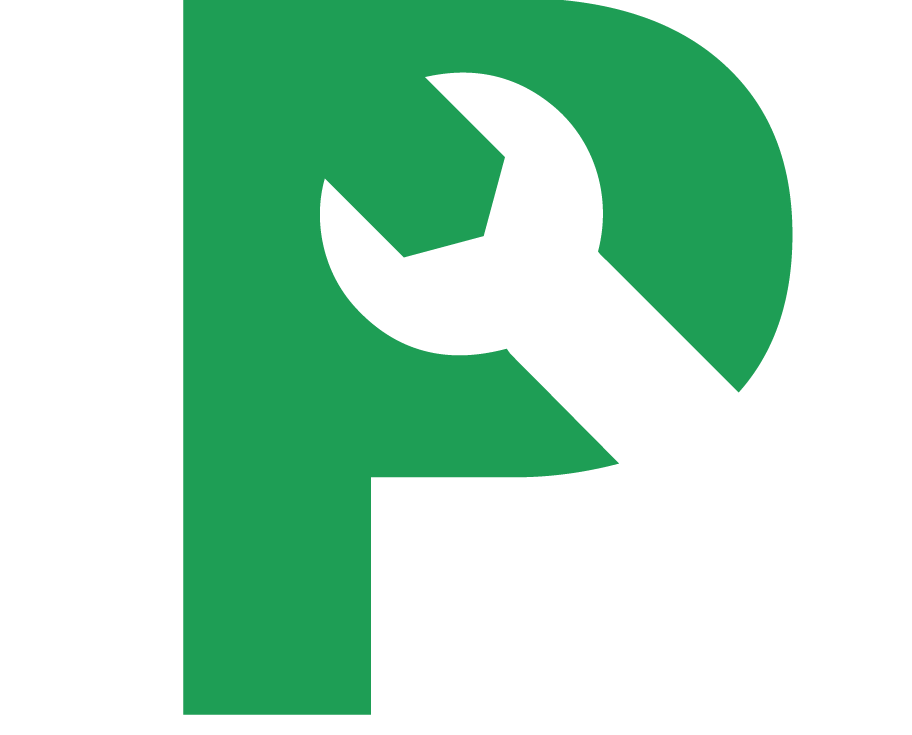Old vs New
Does the old make the new possible?
Or does the new just add to old, and on and on we go? After all, everything is a remix.
How many entrepreneurs are out there right now pitching what they believe to be the next Unicorn, some version of Uber for X. What did we do before Uber came along??
Do you need to know the rules in order to break them? Or if you wanted to be a musician, but were never exposed to music before, would you be the most original artist out there, unencumbered by the bright lights of whats popular?
The iceberg analogy, as always, comes to mind. Does the best work sit atop a huge body of tried-and-trusted wisdom?
In David Perrels interview with Keith Rabois, Keith, whose bosses include Jack Dorsey, Peter Thiel, Max Levchin, Reid Hoffman, and Vinod Khosla, points out that in so many cases of these billion-dollar companies, none of the main players had all that much experience in their field when they got started. They jumped in and started sprinting. Their naiveté about markets worked to their advantage.
Beginners mind is so important. But so is an understanding of what has gone before, if only to better understand those you serve, or to learn from the mistakes of the past in a rapidly changing world.
Of course, there is a happy medium. Many of the top artists learn from tradition and add their own take, mixing their original creative spark with tradition. It doesn’t make the creation of true art any easier, but it does give a window of opportunity to at least try.
In my work as a business coach, I’ve noticed a common trait in many of the most successful older tech entrepreneurs. That they have a fascination with younger generations, I’m guessing to be able to pick up on those ideas and viewpoints that are out of their sight, that enables them to sharpen the saw at every possible opportunity.
Kodak, Blockbuster, Borders…you name it. The poster boys for those companies that didn’t “keep up” and failed after doubling down on tradition is long, and getting longer. Companies like Netflix, on the other hand, stayed agile and saw what was coming, They pivoted and rapidly grew.
The shoulders of giants have never been more accessible, especially to those who believe they can see that bit further.
In fitting in, you won't stand out. It's comfortable to be the one to say “I’m the expert, I've been doing this for X years” and ignore the great body of information that's constantly changing around you. But that doesn’t lead to change.

